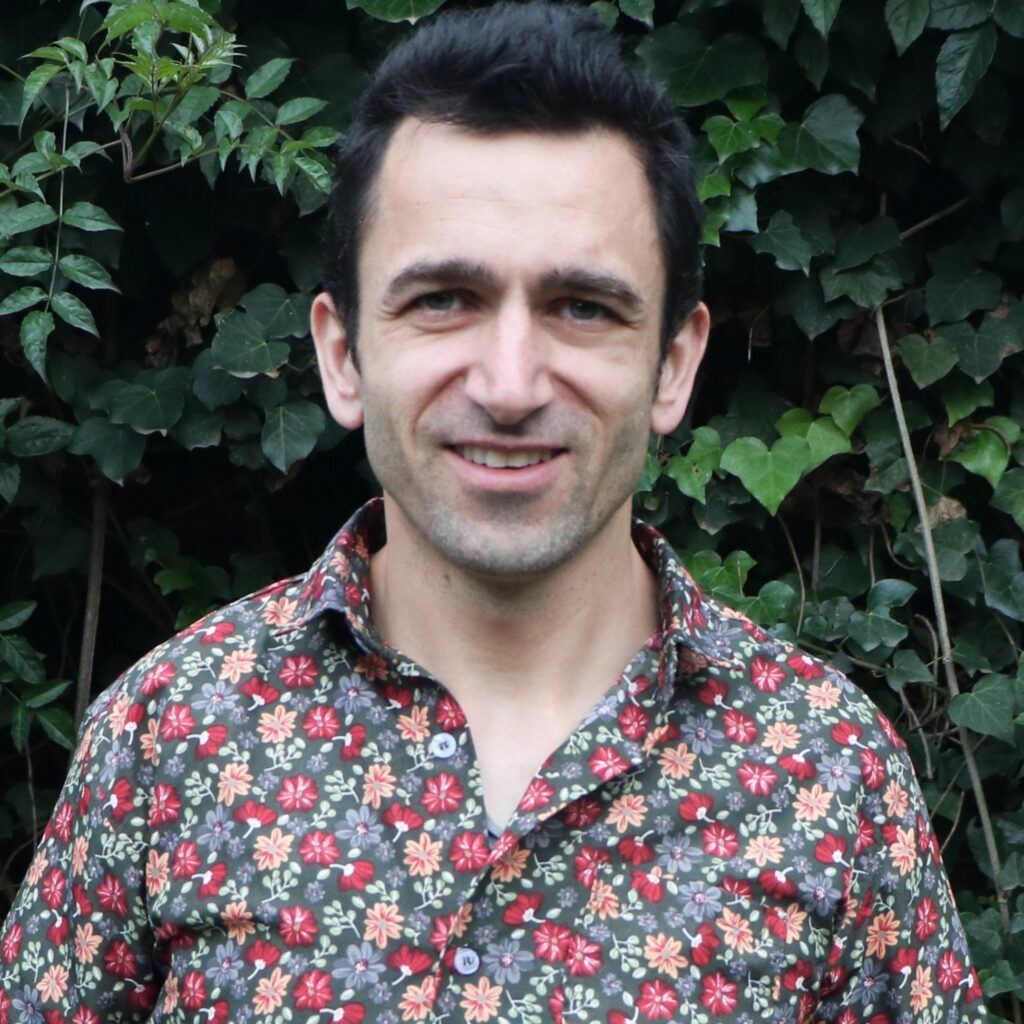The secondary school serves grades 5-10 (lower secondary). Total enrollment is around 100 across grades. The curriculum closely aligns with German state of Thuringia standards. Core subjects include German, English, Math, Sciences, Humanities, Arts, PE and more. German language acquisition has special focus with 5 weekly hours. Class sizes are small, averaging 12-15, allowing individualized teacher attention and support.

For non-native German speakers, an additional 2 hours weekly of targeted DaF lessons supplement core lessons to build language skills. For ~15% Ethiopian students, supplementary classes in Amharic language and "Civics" focus on ethics and citizenship. Ethiopian students take the mandatory Grade 8 Ethiopian exam at the end of 8th grade, with support staff helping prepare.

Each grade level from 5 through 10 has an assigned head classroom teacher who oversees students' academic progress and social-emotional growth. Subject and enrichment classes are taught by teachers specialized in those disciplines.
The typical academic schedule runs from 7:40am to 3:30pm on weekdays. The day includes 8 class periods of 40-45 minutes each, with breaks for recess and a 40 minute lunch period. Core subjects take place in the morning, while electives, enrichments, sports, and clubs are scheduled in the afternoon periods. This provides a balanced experience.

We provide an environment where our children develop into empathetic, self-directed, critical thinkers who don’t give up when faced with challenges.
Address
Lorenzo Tiezaz St (Aware), Addis Ababa
P.O.Box
1372, Addis Ababa, Ethiopia
Phone
+251 (0) 97 20 342 17
©2024 DBSAA. All Rights Reserved.